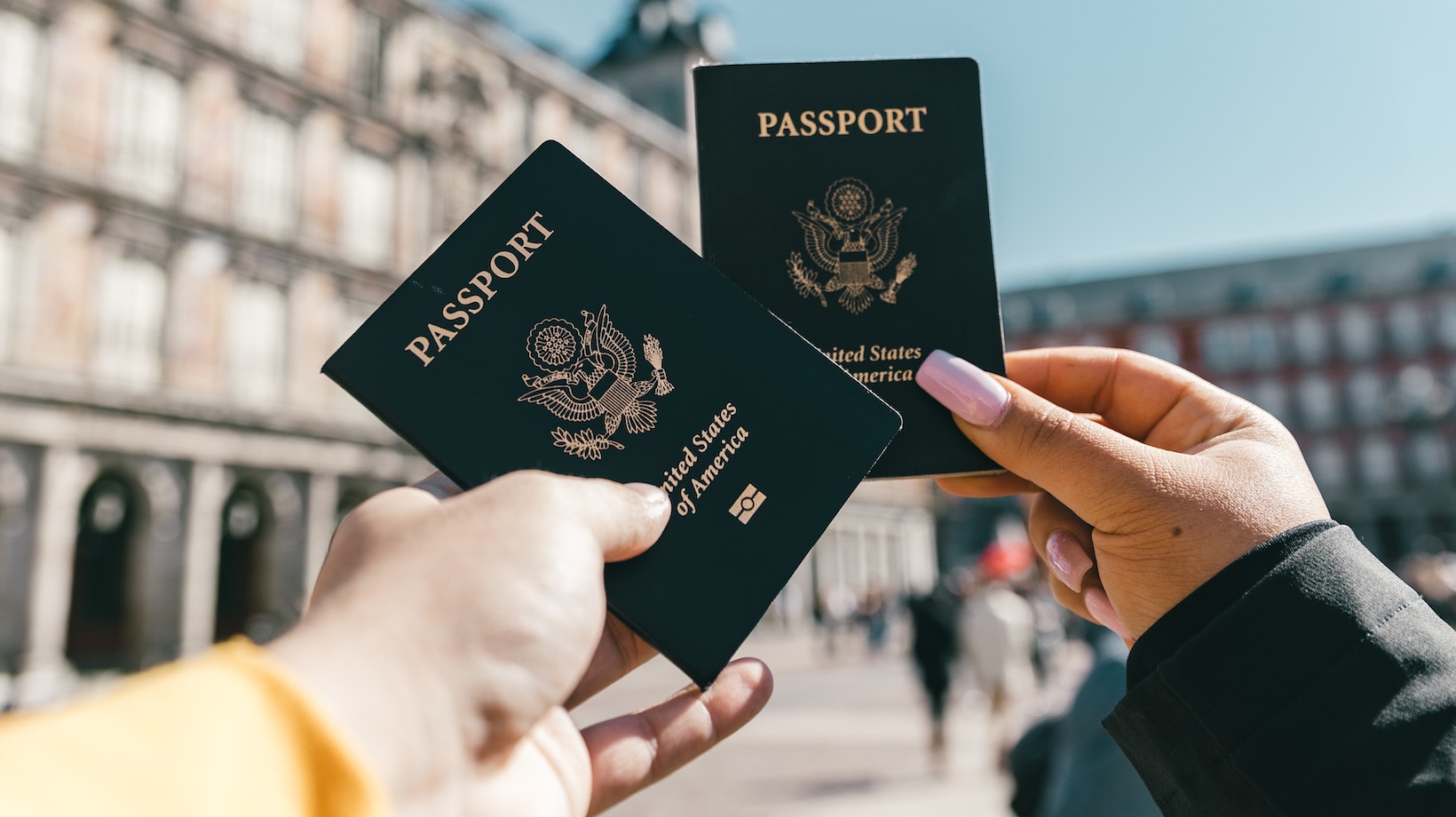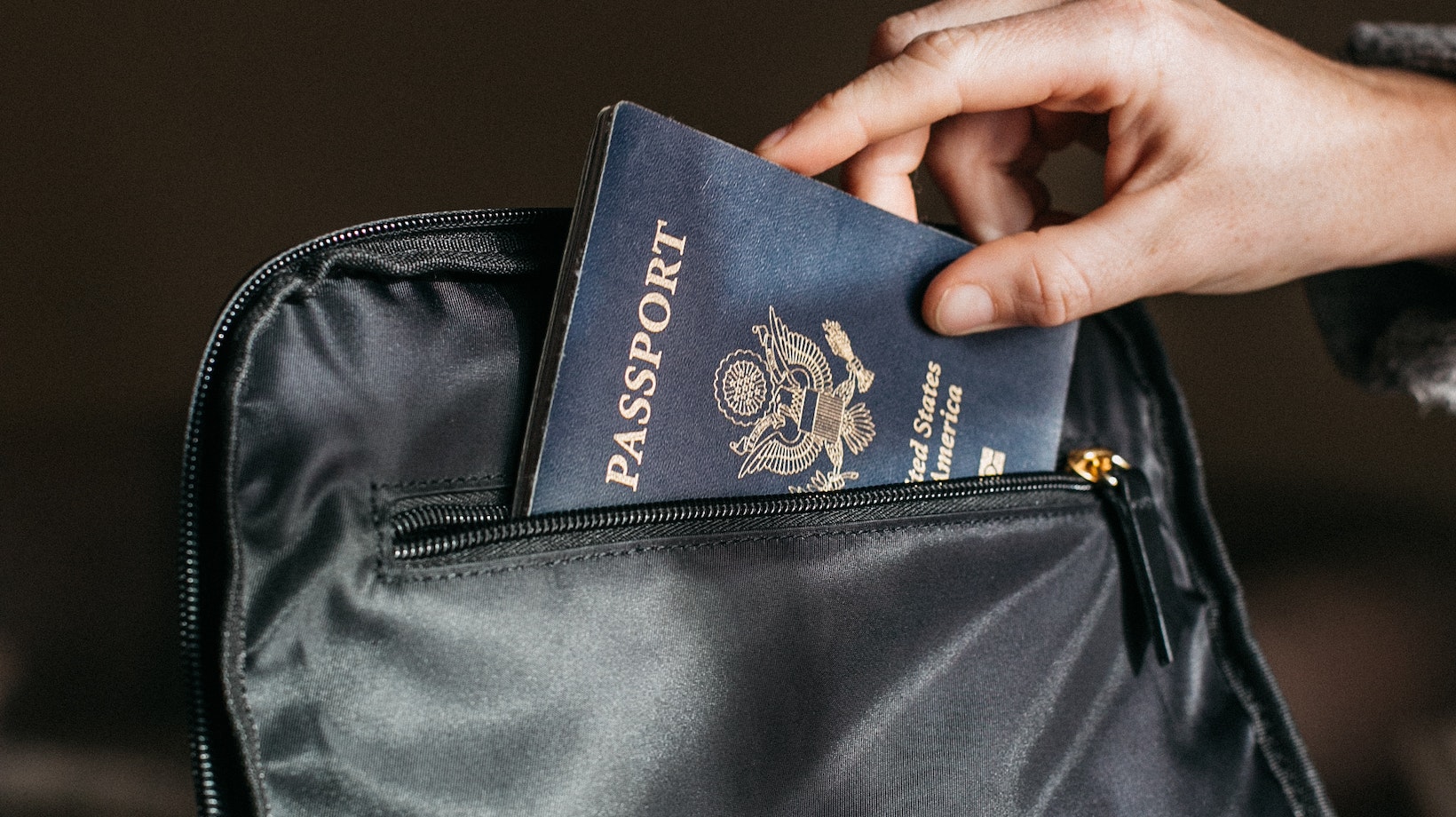
The Legality of Using Passport as ID
We’re often asked if it’s legal to use a passport as an ID at bars. Well, the answer is a resounding yes! Passports are considered valid forms of identification across the United States and many other countries worldwide. However, it’s important to know that while passports are federally recognized IDs, whether or not they’re accepted at specific establishments like bars comes down to individual state laws and business policies.
Let’s delve into some specifics here. In most U.S states, businesses have the right to choose which forms of identification they’ll accept. So, while your passport is technically a legal form of ID for buying alcohol, a bar might only accept driver’s licenses simply because their staff finds them easier to verify.
That being said, we recommend always having a backup form of ID handy. A driver’s license is universally accepted in all 50 states and by almost every establishment that requires an age verification. Plus, it’s less valuable than your passport — meaning there’s less risk if you happen to lose it during your night out.
Now let’s discuss international travelers visiting U.S bars. If you’re from outside the U.S., using your foreign passport as an ID should generally be acceptable for purchasing alcohol in most places— although again this can vary depending on state laws and specific business policies.
So what does this all mean? While passports are legally recognized as valid forms of identification for buying alcohol both nationally and internationally:
- Some businesses may choose not to accept them
- It’s always wise to have another form of ID (like a driver’s license) available
- Foreign passports should generally be accepted but check with local state laws or bar policies

Can I Use My Passport to Get Into a Bar
When it comes to a night out, we all know that being prepared is key. One element of this preparation is knowing what forms of identification are acceptable at bars. You might wonder if your passport will do the trick – let’s dive into the details.
Firstly, a valid driver’s license or state-issued ID card are the most commonly accepted forms of identification at bars across the United States. These IDs usually include your photo, date of birth, and physical description which make it easy for bouncers to validate your age. However, that doesn’t mean they’re the only options available.
Passports are also generally accepted as a valid form of ID in most establishments. They provide an additional level of security because they’re difficult to forge and contain intricate security features. So yes, you can indeed use your passport to gain entry into a bar!
Remember though, not every bar follows exactly the same rules when it comes to accepting identification. Some places may require two pieces of ID or have strict policies against certain out-of-state licenses for instance.
Lastly on our list is military IDs. Often overlooked but just as effective, military IDs carry equal weight with passports and driver’s licenses when verifying age due to their high level authentication process.
Why Some Bars May Refuse Passports
Although we may not often think about it, passports aren’t always accepted as ID at bars. Let’s delve into why some establishments might say “no” to this form of identification.
It’s primarily due to unfamiliarity. Bar staff are more acquainted with state-issued IDs and driver’s licenses, making them easy to verify. Passports, on the other hand, can be more complex to inspect for authenticity due to different designs from various countries.
Another factor is the relative ease of forgery. Unfortunately, it’s easier than you’d think for cunning individuals to create fake passports. Hence, some bars may err on the side of caution and decline passport use altogether.
Moreover, there’s a fear of penalties if they get it wrong. If bar staff accept a fake ID – passport or otherwise – they could face severe legal consequences including hefty fines or even losing their liquor license.
Lastly, practicality comes into play too. Passports are bulkier than your average driver’s license or ID card. They’re not exactly pocket-friendly which increases the risk of loss or damage during a night out.

 By
By 





